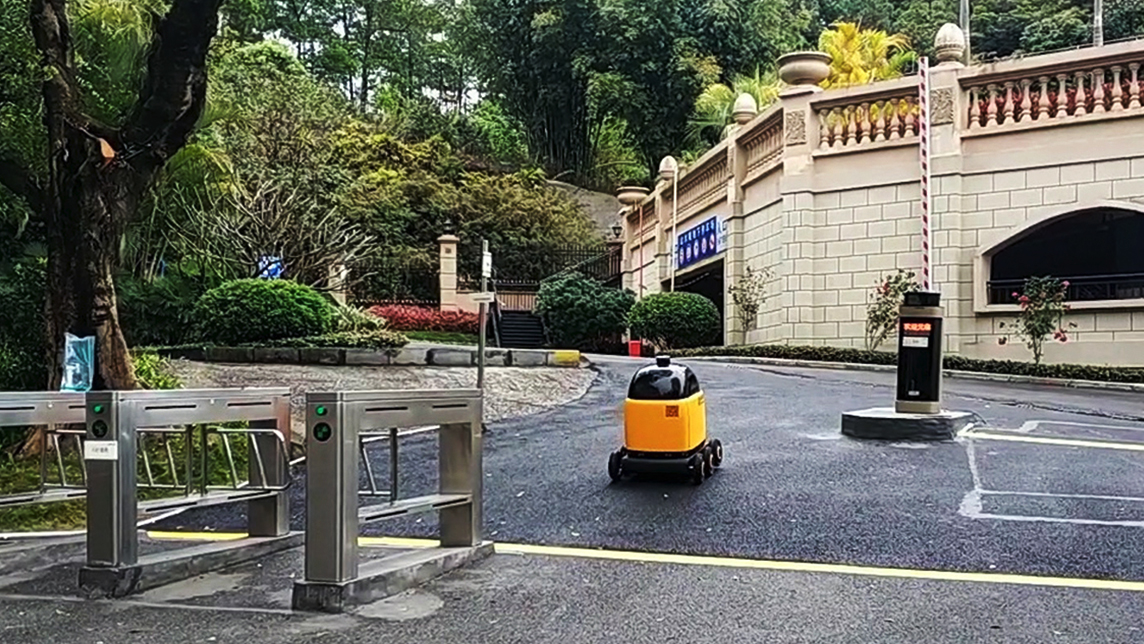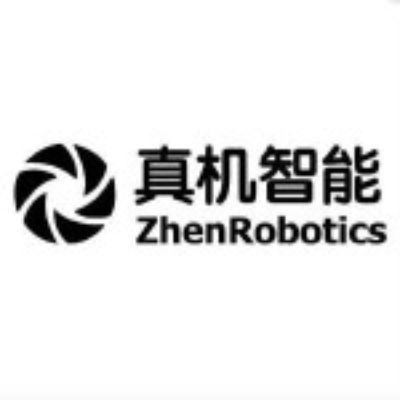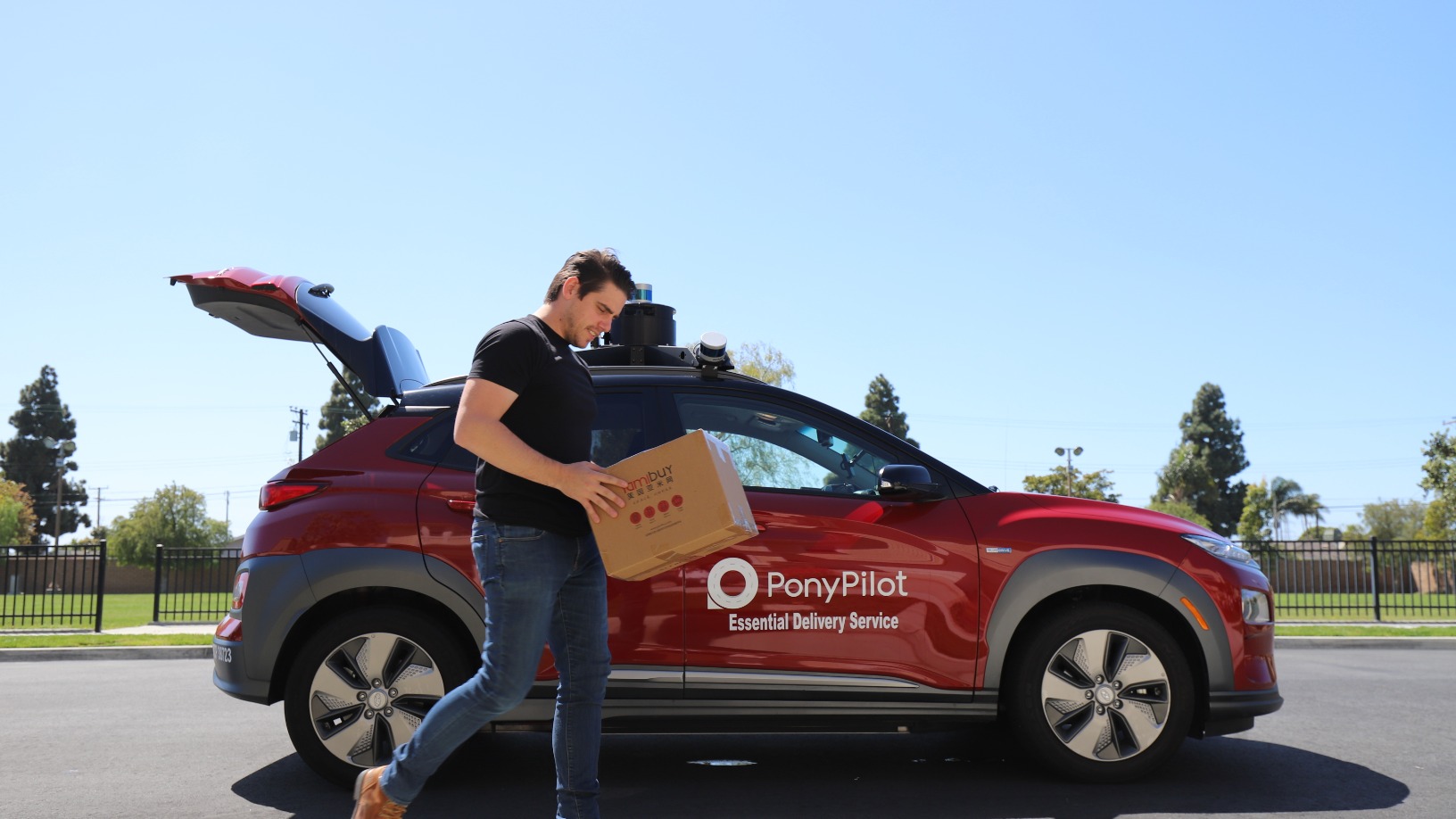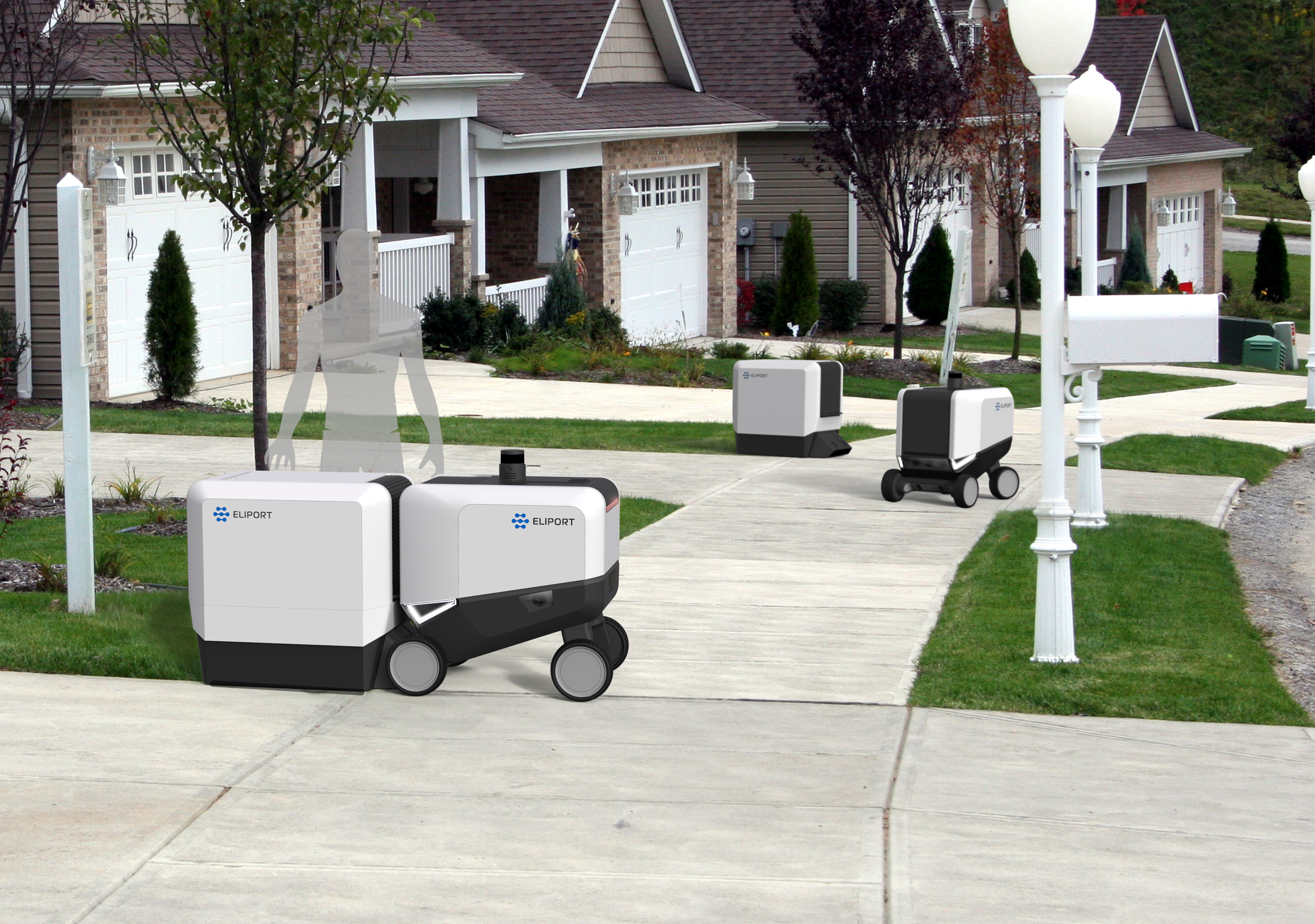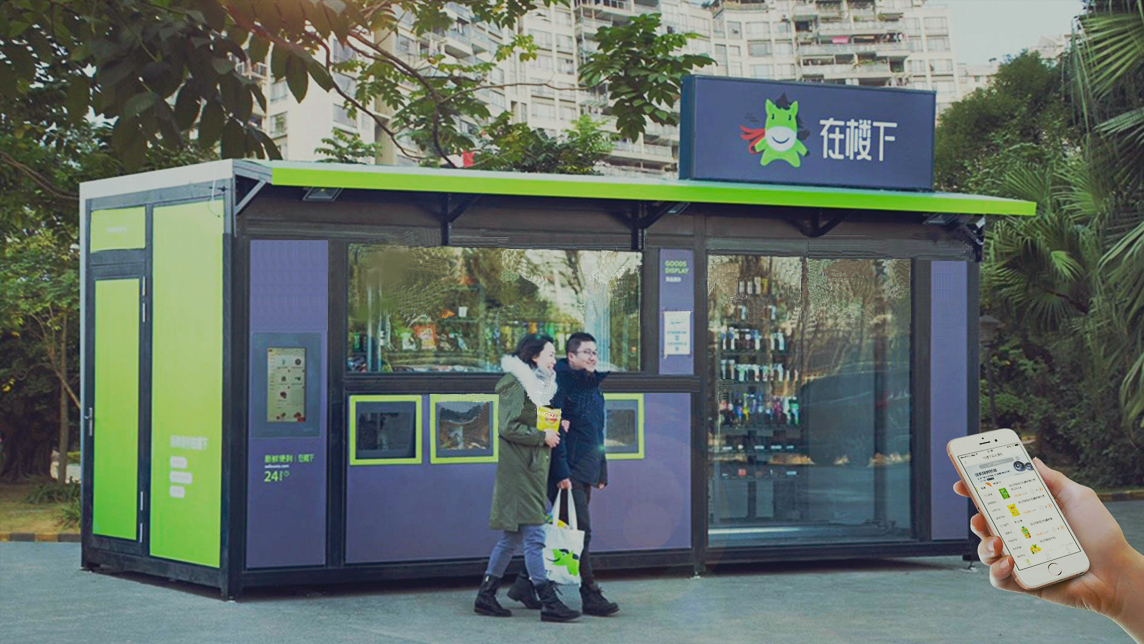In China, some 2 million couriers dash around the cities every day, delivering about 100 million packages daily.
These couriers alone make up half of the total workforce in the logistics chain. Such heavy reliance on manpower in this “last-mile delivery” – the transportation of goods from a local distribution center to their end destination – also makes the final leg of the journey five times more expensive than the previous 1,000 miles.
Now, one Beijing-based startup is hoping to make this “last mile” cheaper by creating robots to do the job. It estimates the cost of delivering a parcel could fall by at least one-third when its robots are used in mass circulation.
Such cost savings could give some relief to businesses and consumers as they continue to grapple with mounting costs in a fast-expanding economy. Labor costs alone have skyrocketed fivefold over the past 10 years. Not surprisingly then, automation is seen as the way to go. China’s intelligent logistics market grew to RMB 338 billion in 2017, a figure likely to exceed RMB 1 trillion by 2025.
Robots on the way
Founded in July 2016, Zhen Robotics is China’s first AI startup in last-mile delivery and has already attracted investments from Black Horse Ventures and Plug and Play.
Nicknamed “Wall-e Super Brain”, its founder Liu Zhiyong was the technical leader of Alibaba’s AI program and is one of the industry’s leading names, with several patents in the field. Liu studied machine learning and robotics at Tsinghua University.
In just two years, Zhen Robotics has upgraded its product to the fourth generation. The latest product, the Little Yellow Horse, will be put into commercial use this June. Its current system can deliver more than RMB 10 million worth orders in a period of two months.
The 6-wheel delivery robot is about 1 meter tall, able to carry 30 kilograms of load at a time and run at a maximum speed of 12 kilometers per hour, with a battery life of 8 hours. Amazingly, it can even climb a slope of up to 35 degrees in angle.
Just using simple settings for the delivery time and place on their mobile phones, users can have their parcels loaded into the robot and delivered according to their specifications. To ensure the parcels reach safely, users can only get their item after scanning a QR code with their phone. In addition, an internal alarm system and parcel tracking device are also fixed inside the robot.
To further enable its robots to adapt to more complicated road situations and switch between outdoor and indoor environments, Zhen Robotics is currently undertaking a new round of R&D in improving its auto-navigation and remote-sensing technologies. The goal is to design a wheeled robot with mechanical hands capable of pressing the buttons in an elevator, as well as a four-footed robot that can climb stairs.
Cute but sophisticated
Despite of its “adorable" look, the Little Yellow Horse is a far more sophisticated device. The core of its intelligence lies in the construction of an AI network combining software with hardware, or a so-called “cloud + terminal” solution. On the terminal end, it relies on a fleet of cost-efficient and reliable self-driving delivery vehicles which can be mass produced. On the cloud service end is a highly efficient and responsive AI dispatching system that integrates cloud computing and machine learning technologies, to enable automatic route planning and task assignments.
The ability to detect road barriers and accurately position a specific location are also key for robots to replace human workers in delivery. Zhen Robotics uses an advanced integrated navigation solution of multi-line laser radar, GPS and inertial navigation system (INS) with centimeter-level positioning accuracy. Meanwhile, a combination of laser radar and real-time visual object detection technology allows the robot to avoid pedestrians, moving vehicles and other road barriers more precisely, to provide the best delivery route, even at night.
What’s more, with a self-owned assembling center, Zhen Robotics takes full control of developing its own mechanical chassis, core circuit, algorithm system and cloud system. This not only lowers the cost of R&D, but also gives the company the capacity and efficiency to continuously iterate its products.
Started from campus
As a startup born in Tsinghua x-lab, an incubator based in Liu’s alma mater, Zhen Robotics chose to apply its first generation of product, the Express Tiger, on campuses where the enclosed environment provided an optimal setting and young students were more likely to be early adopters of such technology. Also, campus delivery is a big market, taking up 6% of the total express delivery sector in China, giving Zhen Robotics enough business and trial experience to begin with.
After the successful trials on campuses and the completion of over 10,000 km of road testing in the streets and compounds of Beijing, Zhen Robotics has further extended its business into high-end real estate and collaboration with courier services. By far it has already signed multi-million RMB contracts with some high-end real estate companies, and nearly 1,000 robots are expected to be sold in 2018.
According to Liu, the delivery cost of a single parcel will be no more than RMB 1 after the mass production of its robots, compared with RMB 1.50 currently.
In terms of business model, Zhen Robotics defines itself as a service platform, rather than a pure hardware provider. It envisions a somewhat “Mobike and Ofo” like sharing economy model in the future, with companies, organizations and individuals co-renting or co-owning the robots for their respective last-mile delivery needs.
By then, improving its tech-backed service will be the key to the business, because, says Liu, “in increasing customer satisfaction, the delivery robots further complement human couriers in areas where they fall short. And when the robot’s efficiency increases to a certain level, it will eventually replace humans.”
